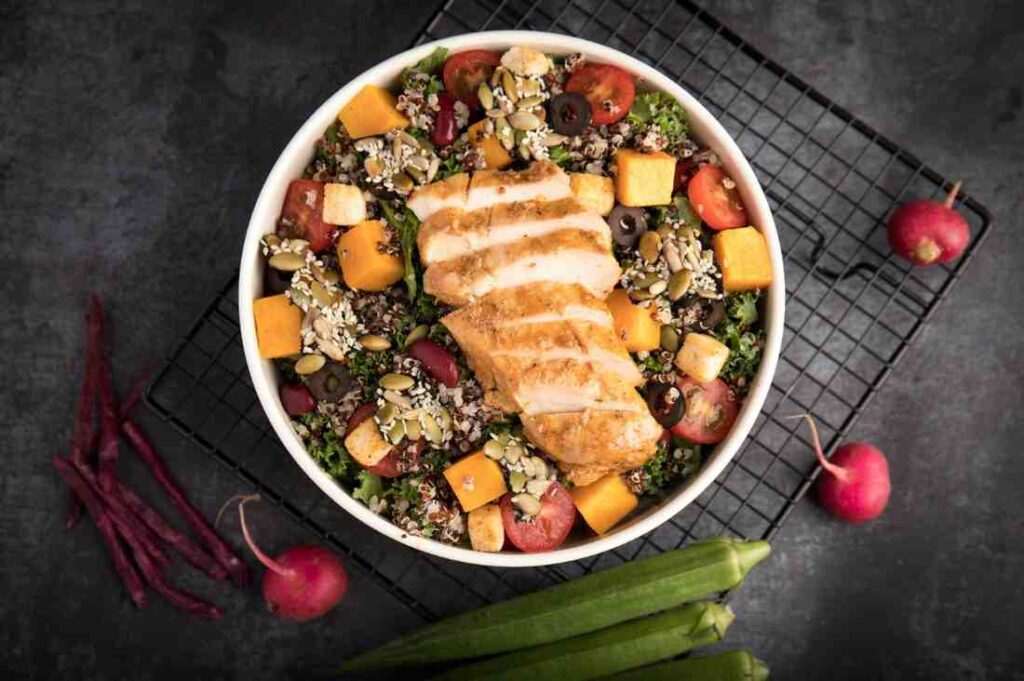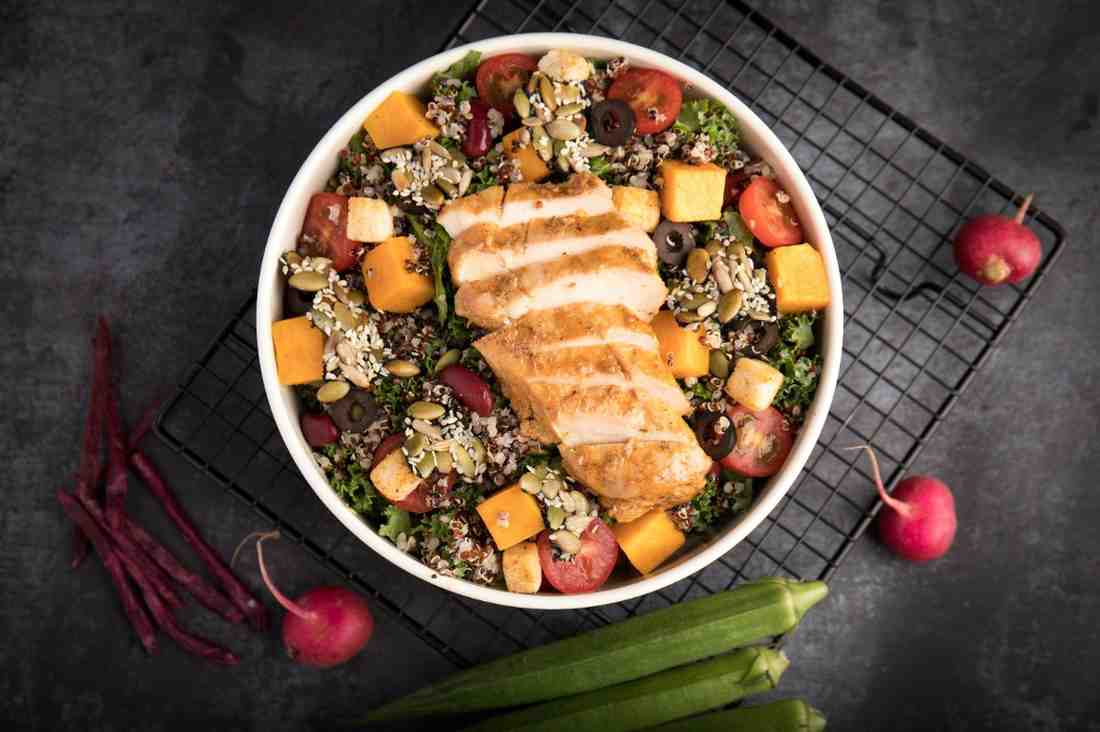For Mother’s Health, Baby’s Development Every meal during pregnancy is important not only for the mother but also for the unborn baby. Especially if the day starts with a nutritious and energizing breakfast, then you will have energy all day long, your mood will be cheerful, and your body will also be alert. So, let’s find out which foods should be included in breakfast during pregnancy.
Currently, pregnant mothers are facing various problems due to excess weight or excess weight. And for this, a proper pregnancy diet chart is needed. For a healthy breakfast for pregnancy, we divide the pregnancy period into three trimesters, where 0 to 13 weeks is called the 1st trimester, 14 to 26 weeks is called the 2nd trimester and finally 27 to 40 weeks is called the last i.e. the 3rd trimester. Although the calorie intake in the first trimester does not change, in the second and third trimesters, at least an additional 300 calories and 450 calories should be consumed daily.

Food list:
1. The magic of oats and milk
Oats are a food that is digested slowly, so the stomach stays full for a long time. If you add hot milk to it, then the calcium requirement will also be met. If you want, you can mix a few nuts and honey with it.
2. Eggs: Powerhouse of Protein
Eggs contain a lot of protein, which helps in the growth of the baby in the womb. If you want, you can eat boiled eggs, omelets or scrambled eggs.
3. Yogurt-fruit combo
Blend milk or yogurt with banana, strawberry, apple or papaya. You will get protein, calcium and fiber in this. And if you want less hassle, then just cut some fruit and mix it with yogurt and eat it!
4. Multigrain bread and peanut butter
Multigrain bread made from wheat, barley and other grains is full of fiber, which helps in digestion
6. Vegetable Parotta
A delicious and healthy parotta can be made with easily available ingredients at home. Mix wheat flour with carrots, okra, spinach or other vegetables to make soft parotta.
Wake up
When you wake up in the morning, eat four to five almonds soaked overnight with a glass of water. Almonds contain a lot of antioxidants, folic acid, vitamin D and zinc, which help in the development of the fetus’s brain, heart and nervous system.
Breakfast
In the morning, you must have non-vegetarian food such as lentils, fish or meat along with rice, bread or oats. Lentils contain a lot of folate, which increases the brain power of the baby and reduces the risk of birth defects.
Mid-morning snack
If you do not eat too much at once and follow the pregnancy diet chart, you should eat little by little. The best mid-morning snack for pregnant mothers is boiled eggs and dates. Egg yolk contains choline, which increases the intelligence of the fetus, and also contains essential fatty acids, vitamins D, B12, B2 and essential minerals that help in the growth and overall development of the fetal brain. It prevents the baby from suffering from diseases like spina bifida and anencephaly. In addition, dates contain a lot of iron, which helps prevent anemia during pregnancy.
Lunch
A pregnant mother should eat sea fish or red meat and lots of vegetables along with rice for lunch. Sea fish contains iodine and essential fatty acids such as omega 3 and 6, which improve the baby’s brain. Red meat, i.e. beef and local chicken, contains a lot of iron, which prevents anemia and improves the balanced structure of the baby. However, to increase the absorption capacity of this iron, you should eat foods high in vitamin C such as amla, orange or lemon.
Healthy afternoon snack
While following the pregnancy diet chart, you should also keep your weight under control. So instead of oily breakfast, you should eat a healthy high-calorie breakfast. At this time, you can keep chicken soup, milk and nuts/popcorn, mixed fruit or chickpeas, any one of the following in the food list. Milk is a good food for pregnant mothers because milk contains calcium, zinc, vitamins A, D and E as well as some other essential minerals that help in the formation of the baby’s teeth, bones, nails and hair. Vitamin D is also needed for calcium absorption, which also helps in preventing gestational diabetes.
Dinner
You should slightly reduce the amount of sugary foods at night and eat more non-vegetarian foods such as lentils, eggs, sea fish or meat. You should also have vegetables or salad in your dinner. However, to prevent acidity problems, pregnant mothers should finish their dinner at least two hours before going to bed at night.
Things not to eat during pregnancy
1. Excessive amounts of high-calorie sugary foods such as sweet foods, fast food, drinks, oil cakes should not be eaten. Because they increase the weight and blood pressure of pregnant mothers and increase the risk of gestational diabetes.
2. Tea and coffee, i.e. foods containing caffeine, prevent iron absorption, which increases the risk of anemia in both the mother and the baby later.
3. Pineapple or raw papaya contain some enzymes that can harm the fetus in the first trimester.
4. Excessive salty foods should be avoided. Because this can cause high blood pressure, as well as water in the legs or swelling of various parts of the body.
It is important to have a healthy breakfast to ensure the body’s necessary nutrition during pregnancy. With a little planning, breakfast can be delicious and nutritious, which will ensure both the mother’s strength and the baby’s development. So, balance keeping your mind healthy and filling your stomach with healthy food!

